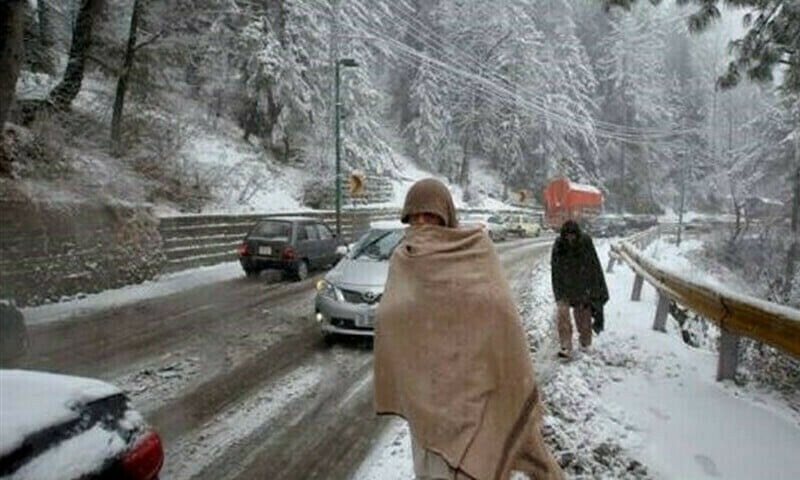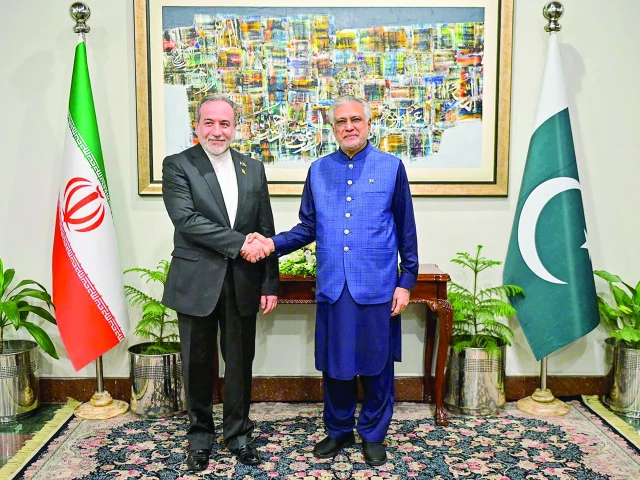PM Shehbaz, PML-N President Nawaz Sharif among many politicos in attendance; valima on Sunday
Junaid Safdar, son of Punjab Chief Minister Maryam Nawaz Sharif, poses with his bride, Shanzeh Ali, during their nikah ceremony held in Lahore on Saturday….



